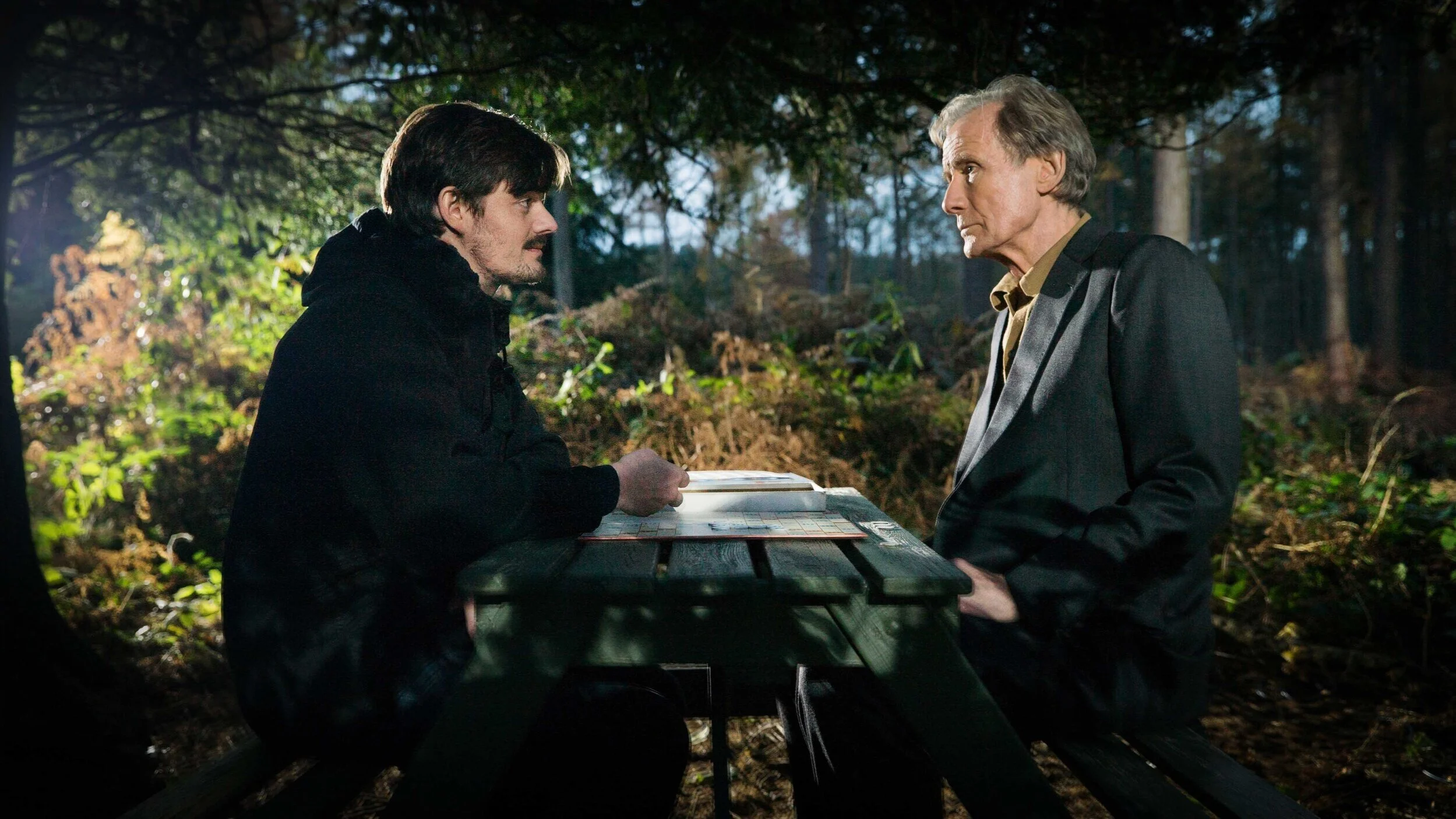Sometimes Always Never
A British film of real individuality, striking enough to divide opinion.
Back in 2007, Carl Hunter and Frank Cottrell Boyce together wrote the Ealing-esque comedy Grow Your Own. That piece was an adept work very much in a popular style. Now, however, the two of them have come up with a screenplay which has been directed by Hunter himself and Sometimes Always Never is a work that positively delights in being unconventional. It will come as no surprise if it totally divides audiences who, according to taste, will either embrace it or disdain it regardless of the fact that it is consistently well acted by a notable cast.
Boyce himself has quoted the Finnish filmmaker Aki Kaurimäki as an influence on Sometimes Always Never and indeed this work does offer a story which, veering between comedy and pathos, carries an echo of the Finnish veteran. However, the tone is so thoroughly English that it reminds me of the equally idiosyncratic humour of the playwright N.F. Simpson and of his eccentric play One Way Pendulum which, when filmed in 1965, pleased some but infuriated many.
My own response to Sometimes Always Never is more positive than negative, but I am not sure that it fully comes together. The central character, Alan (Bill Nighy), is a widower with a love of words which has made him a master of Scrabble. The film's stress on the game makes word-play a key feature often to telling humorous effect, but the plot pivots on Alan remaining obsessed by the fact that his older son, Michael, who disappeared way back may still be alive. Early on in the film, he is travelling with his surviving son, Peter (Sam Riley), to view a recovered body that could be that of Michael. On arrival, they encounter a couple (Tim McInnerny and Jenny Agutter) whose son went missing more recently but who are also there to see if the corpse is that of their son.
Thus it is that this film tackles serious subject matter, both loss and the consequences of not letting go of the past (Alan's continuing concerns over Michael have undermined his relationships with Peter, with Peter's wife (Alice Lowe) and with his grandson (Louis Healy, a new name to me and quietly excellent). The treatment of these matters within a comic framework is adroit (the rapport between Alan and his grandson cleverly sidesteps sentimentality and is admirably handled). However, the comic emphasis on words growing out of the many scenes linked to Scrabble sometimes seems to belong to a different film. The splendid cast recognise the need to play it straight, but I did feel that the humour worked better in some scenes than in others, just as the 'Scope format is not always the most apt for intimate comedy (however its spaciousness is apt enough for the story of a father always thinking of a son mysteriously absent and elsewhere). In any case, this is a wholly individual work carried out with skill so that it may haunt the memory later even if certain doubts keep floating to the surface while you are watching it.
MANSEL STIMPSON
Cast: Bill Nighy, Sam Riley, Jenny Agutter, Alice Lowe, Tim McInnerny, Alexei Sayle, Louis Healy, Ella-Grace Gregoire, Oliver Sindcup.
Dir Carl Hunter, Pro Roy Boulter, Alan Latham and Sol Papadopoulos, Screenplay Frank Cottrell Boyce, Ph Richard Stoddard, Pro Des Tim Dickel, Ed Stephen Haren, Music Edwyn Collins and Sean Read, Costumes Lance Milligan.
Hurricane Films/Goldfinch-Parkland Entertainment.
91 mins. UK. 2018. Rel: 14 June 2019. Cert. 12A.


